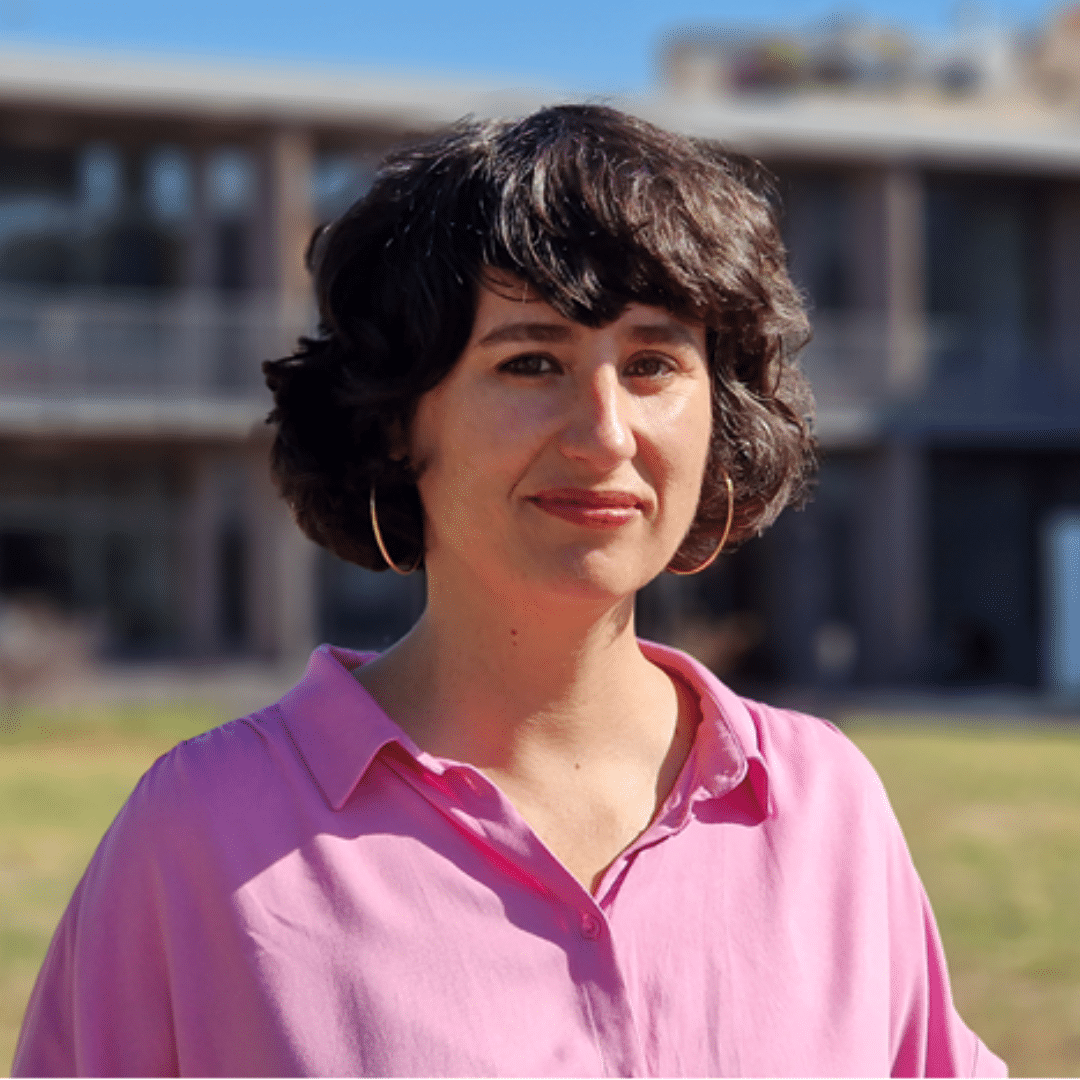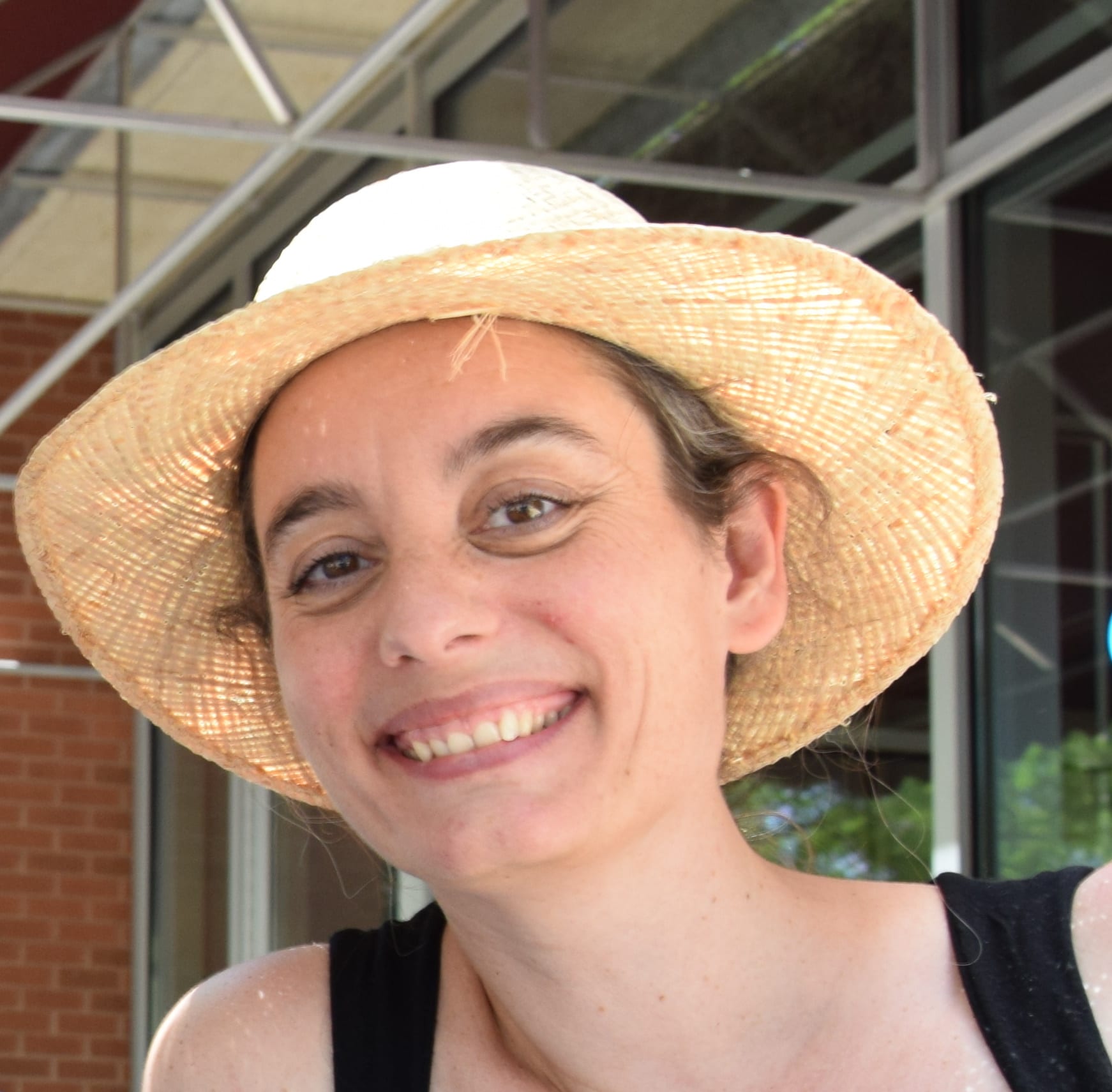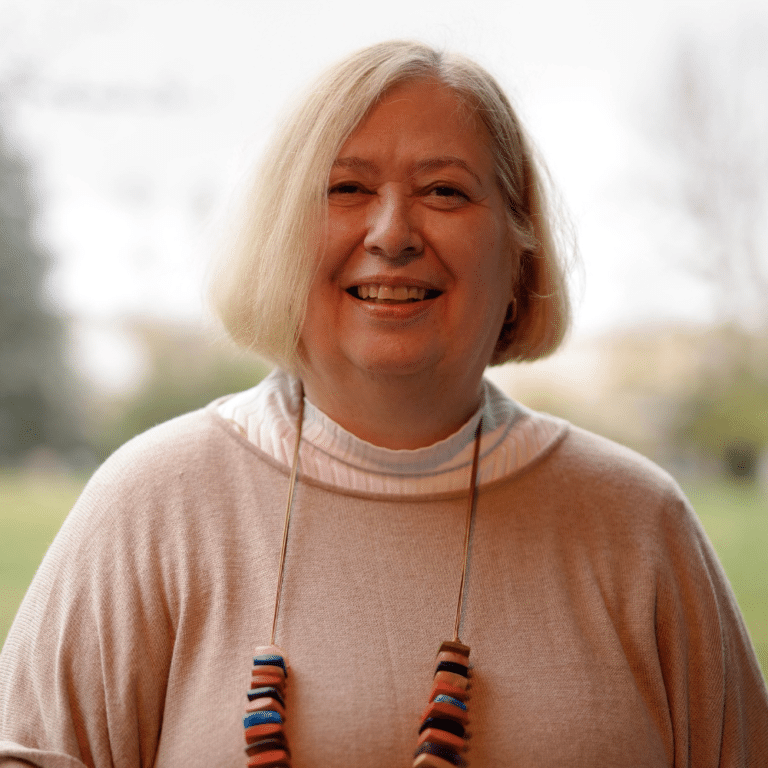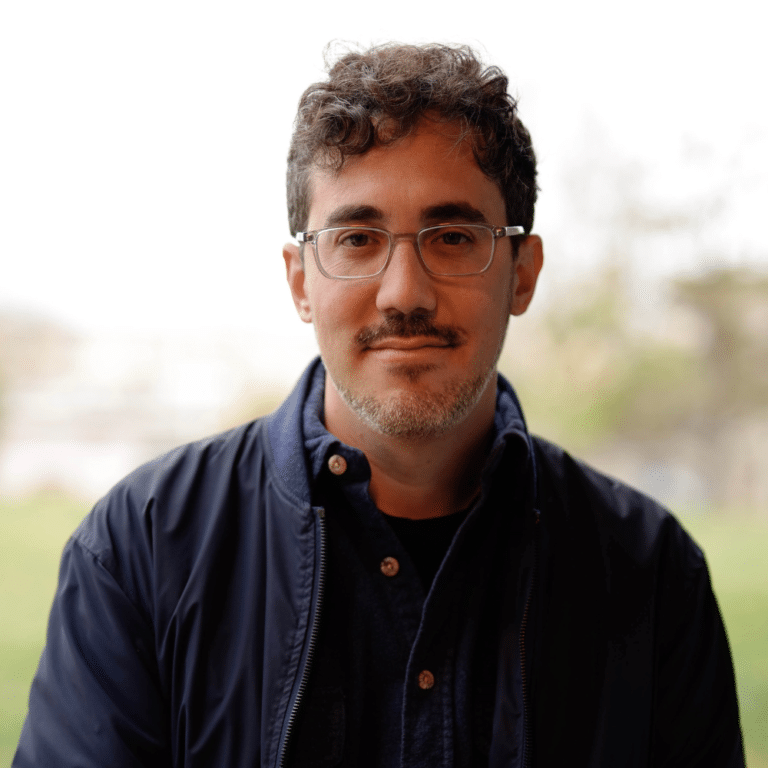Research project
Graphic narratives for scientific and medical evolution on cancer
Summary of the research project
Josune Urrutia Asua’s research at Iméra showcases the power of drawing and graphic narratives as innovative tools in the realm of scientific exploration. Her dedication to making knowledge accessible and her use of creative storytelling bring a human touch to cancer research, fostering a better understanding of this complex disease.
The Art of Drawing in Research and Communication
With a deep interest in using drawing as a tool for thinking and communication in research methods, Josune’s work is closely tied to experimental cultures. She firmly believes that drawing can be more than just an art form; it can serve as a powerful research tool, enabling new perspectives and forms of representation.
Drawing, in the eyes of Josune, allows researchers to trigger processes that open up the possibility of questioning and understanding research through visual, graphic, and narrative artifacts. Above all she is interested in how drawing contributes in the understanding of life and creating knowledge in other logics that are not scientific, but also as a research tool. Josune’s passion for the potential of drawing extends to her teaching role at the Master of Graphic Medicine at the International University of Andalusia (UNIA), where she explores the humanizing impact of comics and graphic language in the medical context.
Making Knowledge Accessible: A Focus on Cancer
Acknowledging the need for accessible information on cancer and its many facets, Josune, together with the association Intra-Venus, is working on an online archive. The archive aims to gather information and documentation on women creators and their experiences with cancer from around the world. By creating an open repository, Josune and her collaborators hope to enrich the understanding of cancer and provide a space for mutual support among those affected.
The primary objective of this research project is to use graphic narratives to portray the historical path and scientific progress of cancer research throughout history. In particular, Josune seeks to explore the research lines of the Institute of Cancer and Immunology (ICI) in Marseille, delving into their latest advancements in the fight against cancer.
Josune’s work draws inspiration from authors like Arthur W. Frank and Siddhartha Mukherjee, as she endeavors to expand her research on the biography of cancer and its evolution. By combining graphic storytelling with scientific inquiry, she aims to make complex scientific content more understandable and relatable, particularly for those undergoing cancer processes.
Through interdisciplinary conversations with experts from the Institute of Cancer and Immunology (ICI), Josune hopes to explore the role of drawing and graphic language as a means of disseminating scientific knowledge and research. The residency at Iméra offers an ideal environment for these discussions and collaborations, supporting Josune’s journey to uncover new perspectives on cancer and its scientific dimensions.
Biography
Josune Urrutia Asua is a talented artist who holds a degree in Fine Arts and Illustration. Her primary focus lies in creating comics and illustrations for various editorial projects and books, as well as applications that require captivating visual representation.
In addition to her artistic endeavors, Josune is also actively involved in teaching and leading workshops. She is a valuable part of the Master of Graphic Medicine at the International University of Andalucía (UNIA), where she imparts her knowledge and expertise in visual facilitation. Through Visual Thinking and Drawing, Josune helps individuals enhance their learning, communication, and overall effectiveness.
Driven by her fascination with the intricate connections between social and autobiographical perspectives, Josune has been involved in numerous research, creation, and educational projects since 2015. Her work often revolves around drawing, perception, and illness, with a particular focus on cancer. Some of her notable projects include “Breve diccionario enciclopédico ilustrado de MI cáncer” (Brief illustrated encyclopedic dictionary of MY cancer), an alphabet of postcards reflecting her own experience with cancer.
She has also engaged in collaborative initiatives, such as “Compendio colectivo sobre cáncer” (Collective compendium on cancer), a collective exercise involving the entire hospital community at the Hospital Arnau de Vilanova in Lleida, including patients, relatives, and health professionals. Another remarkable project is “Crónicas complejas” (Complex Chronicles), a collective endeavor focused on creating new narratives about living with chronic diseases, in collaboration with the Pediatric Service of the Hospital Cruces in Bilbao, particularly aimed at children and young people.
Josune’s impressive achievements also extend to the publication of her first graphic novel, “Hoy no es el día” (Today is not the day), published by Astiberri in 2022. This thought-provoking novel delves into the lives and artistic journeys of women artists who bravely confronted cancer and found inspiration to express their experiences with the disease through their art.
With her diverse body of work, Josune Urrutia Asua continues to make significant contributions to the realms of art, research, and the compassionate exploration of illness, leaving a lasting impact on those who encounter her creations.




